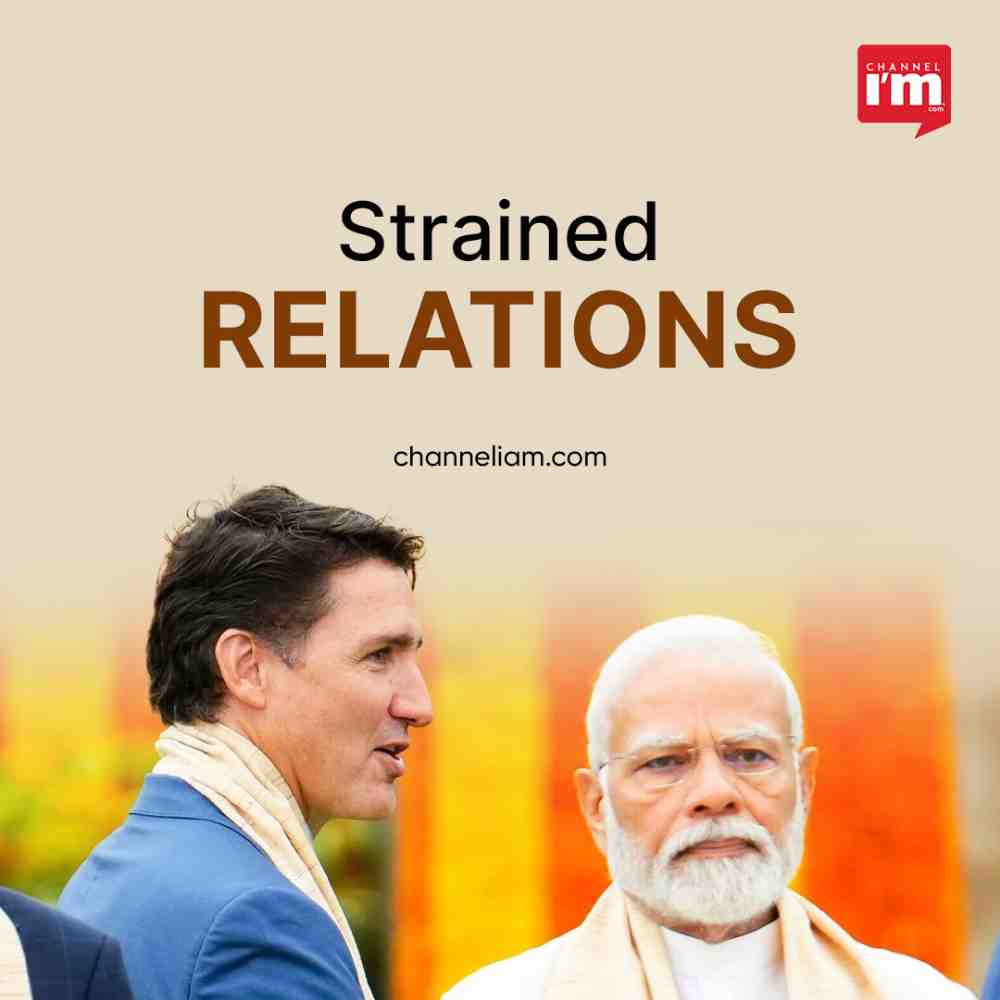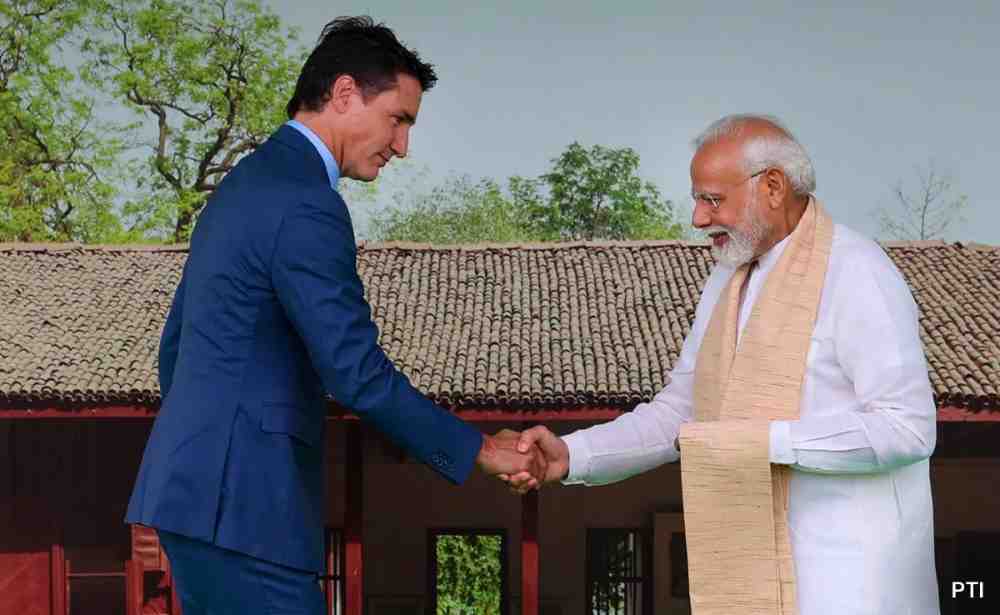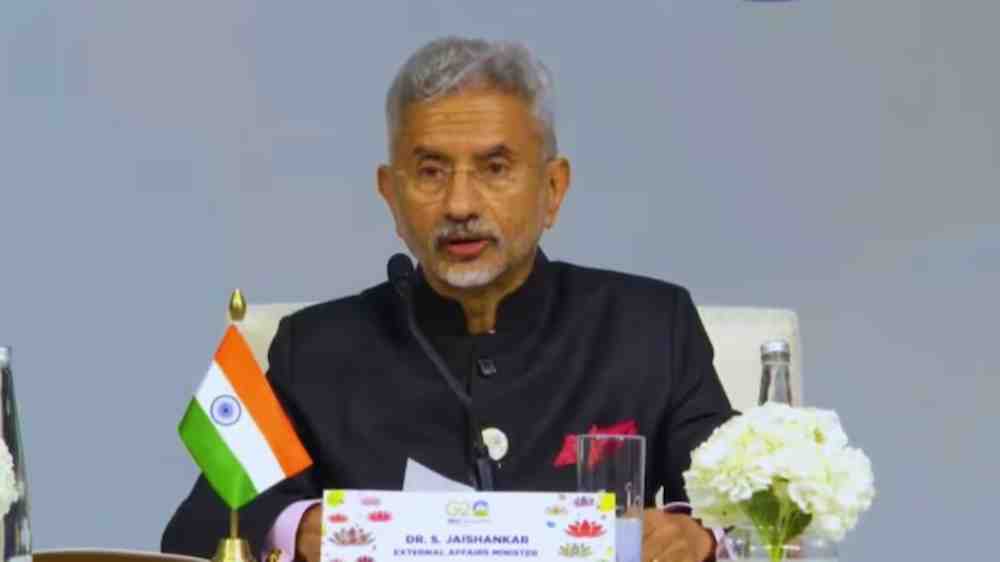Recent developments have cast a shadow over the historically stable relationship between Canada and India.

The issue of Khalistan, a proposed Sikh state, has emerged as a contentious point of contention, leading to diplomatic strains and trade disruptions between the two nations. This article delves into the escalating tensions, their underlying causes, and their potential implications.
Canada’s Accusations and India’s Response:
Accusations of Involvement: Canadian Prime Minister Justin Trudeau accused the Indian government of involvement in the killing of pro-Khalistan activist Hardeep Singh Nijjar. This statement drew sharp condemnation from New Delhi, with Trudeau’s assertion deemed an infringement on Canadian sovereignty. In response, Canada expelled a prominent Indian diplomat over the matter.
Trade Talks Disrupted:
Trade Mission Postponed: Trade Minister Mary Ng’s decision to postpone a trade mission to India, originally scheduled for October, has thrown a wrench into bilateral trade talks. Both nations had previously expressed intentions to secure an initial trade deal within the same year. As a result, the future of economic cooperation now hangs in uncertainty.
India’s Concerns and Protests:
Prime Minister Modi’s Apprehensions: During the G20 summit in September 2023, Indian Prime Minister Narendra Modi voiced concerns over protests taking place in Canada, particularly those linked to Khalistan and Sikh separatist sentiments. These protests have raised alarms in India, given the history of Sikh insurgency during the 1980s and 1990s.
Past Incidents Fueling Tensions:

Depictions of Violence: In June 2023, Canada faced criticism from India for allowing a parade float that depicted the 1984 assassination of then-Indian Prime Minister Indira Gandhi. This portrayal was perceived as glorifying violence by Sikh separatists. The events of 1984, including the storming of the holiest Sikh temple, had deeply affected Sikhs worldwide.
Security Breaches and Summons: In March 2023, India summoned Canada’s High Commissioner to express concerns over pro-Khalistan protesters who breached the security of India’s diplomatic missions and consulates. These incidents further heightened tensions between the two nations.
Root Causes: Canada’s Sikh Community:
Influential Sikh Community: Canada is home to a significant Sikh community that wields influence within the country. With one of the world’s largest Indian diasporas, Canada counts 1.6 million people of Indian heritage and over 700,000 non-resident Indians among its population.

Concerns Over Khalistan Sympathizers: India’s leadership has expressed apprehensions about fringe groups within Canada’s Sikh community that continue to sympathize with the idea of Khalistan, a separate Sikh state. This sentiment harks back to the scars of the Sikh insurgency of the 1980s and 1990s, which resulted in significant loss of life and the 1985 Air India bombing tragedy.
Canada’s Stance:
Balancing Free Speech and Diplomacy: Canadian Prime Minister Justin Trudeau has assured India that Canada does not endorse the revival of separatist movements within India. However, he has consistently emphasized the importance of free speech and the right to assembly for protesters.

The strained relations between Canada and India, fueled by the Khalistan issue, underscore the complexities of managing diverse diaspora sentiments and geopolitical considerations. Navigating these challenges will require diplomatic finesse and a commitment to addressing concerns on both sides to restore a more amicable relationship.
